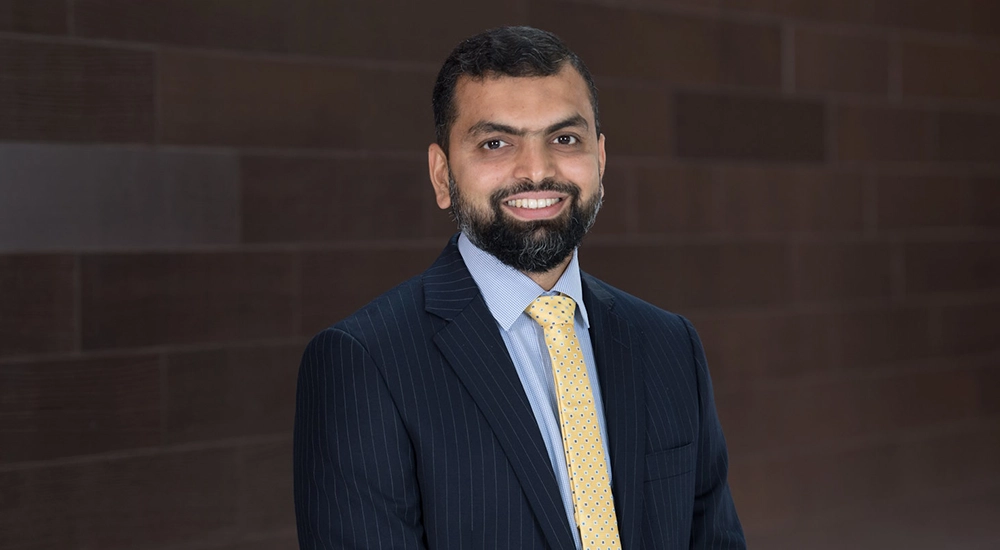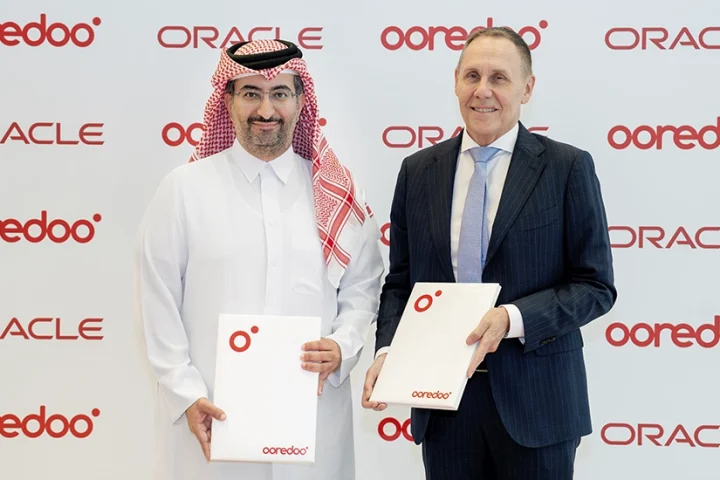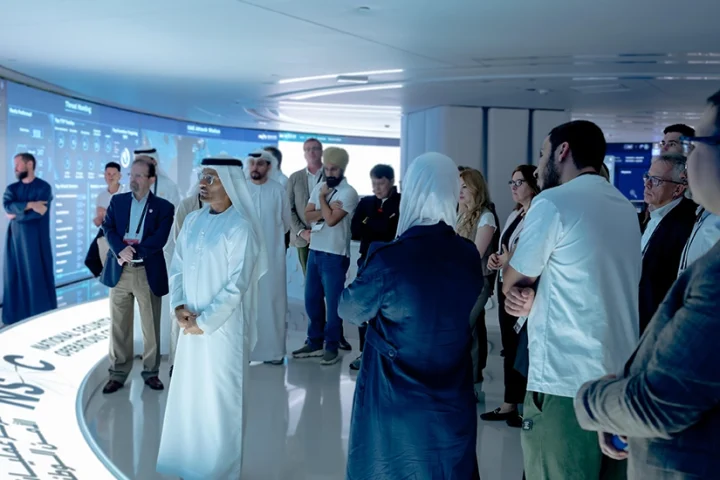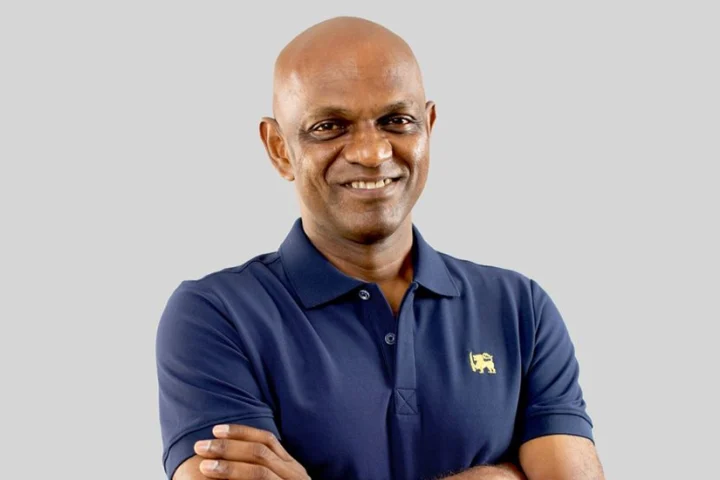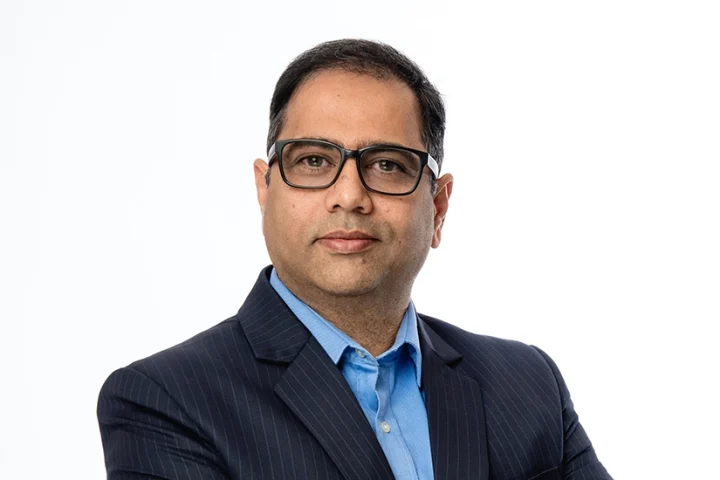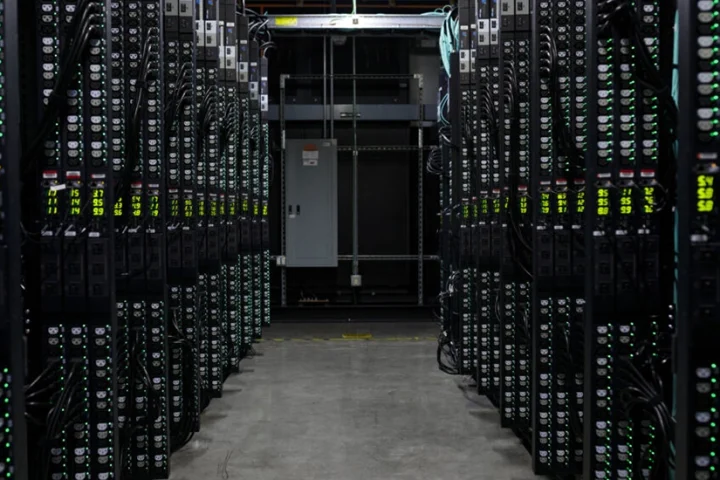As the UAE’s cybersecurity market rapidly expands from US$620 million in 2024 to a projected US$1.29 billion by 2030, driven by AI security analytics, Zero Trust architecture, and robust government initiatives, Intersec 2026’s InCyber Briefing will outline critical insights into the evolving digital threat landscape and the governance of emerging technologies such as artificial intelligence (AI).
According to ResearchAndMarkets, the UAE cybersecurity market is experiencing rapid growth, driven by a combination of digital transformation initiatives, rising cyber threats, and strong government support for digital infrastructure, including the formation of the UAE National Cybersecurity Strategy and the establishment of entities such as the Cybersecurity Council. These initiatives are seen as a major growth catalyst, with the research indicating the sector will grow at a compound annual growth rate (CAGR) of 12.8% until 2030.
Part of the 27th edition of Intersec, taking place from 12–14 January 2026 at the Dubai World Trade Centre, the InCyber Briefing is tailored for CISOs, cybersecurity strategists, and digital risk leaders navigating unprecedented technological acceleration with a focus on practical tools and real-world frameworks addressing AI governance, post-quantum readiness, supply chain resilience, and cyber risk reporting.
A highlight of the InCyber Briefing will be a keynote session by Luqman Kondeth, Director of Cybersecurity at New York University Abu Dhabi, titled “The Oracle in the System: A Village Parable for Governing AI.” As part of the session, Kondeth will translate the complexities of AI governance into practical lessons in trust, oversight and responsible innovation.
“In the story, the Village Head must keep his people alive through uncertainty, balancing resources, risk, and innovation. When he introduces an Oracle, a brilliant but unpredictable tool, he faces the same dilemma we face with AI: how to benefit from its intelligence without surrendering judgment. By watching how the Head sets rules, validates predictions, and keeps humans in the loop, audiences see governance not as compliance paperwork, but as collective wisdom made systematic,” said Kondeth.
Addressing the critical concern in AI deployment of accurate predictions versus hallucination, Kondeth emphasised that while governance frameworks can’t eliminate risk, they play a vital role in defining accountability and awareness. He said, “We must build systems, or ‘three lines of defence’: operations teams who test AI in controlled conditions, risk and compliance teams who measure accuracy and bias, and internal auditors who verify the rules were followed.”
Outlining what the future of AI governance will look like in practice, Kondeth believes it will feel less like regulation and more like infrastructure, and embedded into design and decision pipelines in the same way cybersecurity and privacy are today.
“AI governance needs to be continuous, integrated, and human-centred. We’re moving toward AI control rooms that constantly monitor model behaviour, supported by ongoing risk assessments rather than periodic reviews. Because AI will operate as both a tool and a service across the enterprise, close alignment with Enterprise Architecture is essential. Ultimately, governance must remain adaptive – measuring not just performance, but trust, accountability, and societal impact,” concluded Kondeth.
In addition to the one-day InCyber Briefing, leading management consulting firm and Intersec Strategic Intelligence Partner, Kearney, will host a closed-door roundtable titled “Defending the Digital Backbone: Securing National Infrastructure in the Era of AI and Hybrid Threats.” Based on the discussion, Kearney will produce a white paper on the session that explores how governments can move beyond reactive defence toward proactive, intelligence-driven resilience, integrating policy, technology, and ecosystem collaboration to safeguard critical assets.
Dishan Isaac, Show Director of Intersec at Messe Frankfurt Middle East, said: “AI, automation, and digitisation are reshaping the cybersecurity landscape. The InCyber Briefing equips decision-makers with the foresight, frameworks, and leadership strategies needed to govern AI ethically and effectively while securing their organisations against emerging threats.”
With over 1,400 exhibitors from more than 60 countries and an expected 50,000 visitors, Intersec 2026 will be the largest edition in its 27-year history, spanning 67,000 sqm of exhibition space under the patronage of His Highness Sheikh Mansoor Bin Mohammed bin Rashid Al Maktoum and supported by the General Command of Dubai Civil Defense (DCD) and Security Industry Regulatory Agency (SIRA).


